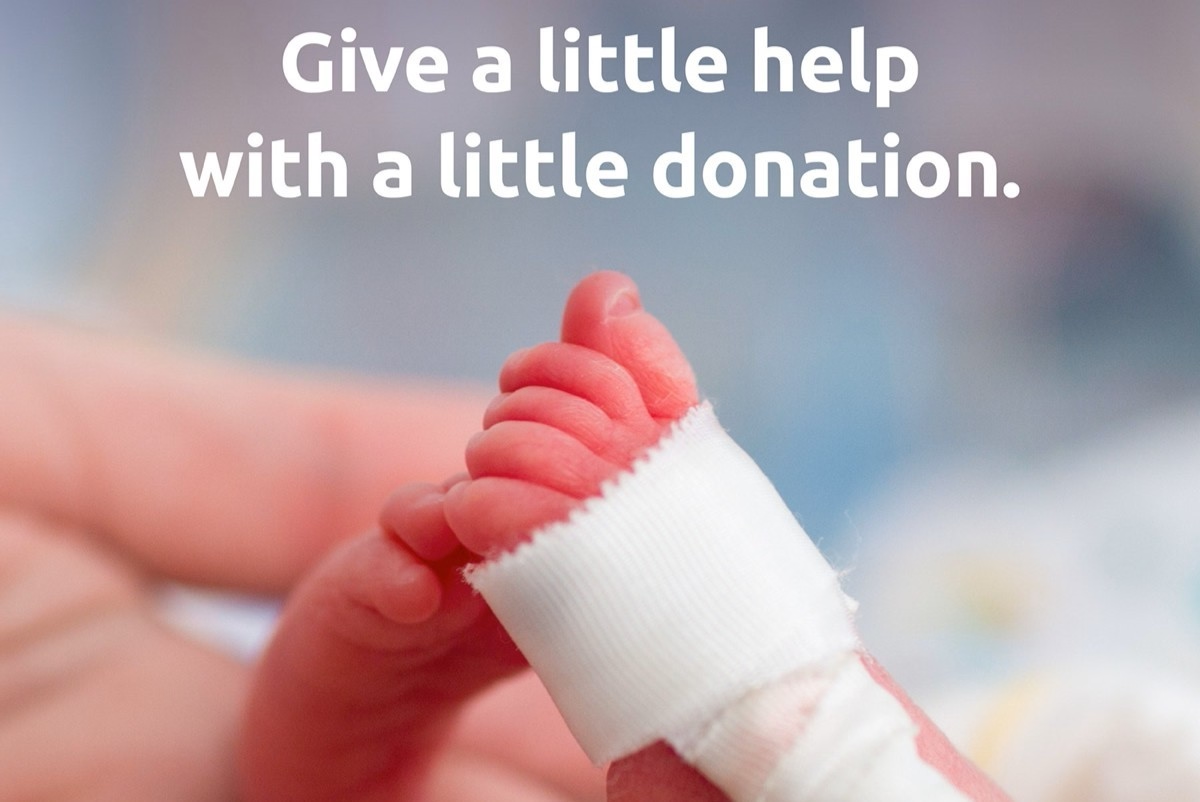Research confirms no long term effects
“It has clearly shown children born to mothers who were given repeat corticosteroids were no more likely to have health or development problems than those born to women who weren’t given repeat doses,”
Around 5000 babies are born prematurely in New Zealand each year. A joint New Zealand and Australian study of 1000 children born prematurely has found no long-term complications from corticosteroid use in pregnancy.
Antenatal steroids reduce the risk of pre-term lung disease in premature babies, the need for a ventilator, infection, serious gut complications and bleeding into the brain. They speed up the development of unborn baby’s lungs, gut, and cardiovascular and immune systems, which do not fully mature until after 36 weeks.
While single courses are routinely given to at-risk women, not all are given repeat doses due to “lingering and misplaced doubts about the long-term safety of this powerful drug”, the Liggins Institute said in a statement.
A recent study as found that corticosterois have no adverse effects on brain development, cardiovascular or metabolic health. Researcher at the Liggins Institute and neonatologist at Middlemore Hospital, Dr Chris McKinlay said these results should “completely reassure doctors about the short-term benefits and long-term safety of repeat doses – meaning they can use antenatal corticosteroids to their fullest benefit”.
“It has clearly shown children born to mothers who were given repeat corticosteroids were no more likely to have health or development problems than those born to women who weren’t given repeat doses,” McKinlay said.
Read the full article here: www.stuff.co.nz/national/health/91351235/research-confirms-longterm-safety-of-lifesaving-treatment-for-premature-babies
*************************************************
You can read more about neonatal research here (a number of links to specific research articles in the text that goes with the image)
Thanks so much for sharing your personal story!
We get a lot of positive feedback from families in a neonatal unit who read these stories and feel strength, hope and positivity knowing that they are not alone going through these experiences and feeling certain emotions.
If you would like to discuss sharing the story of your neonatal journey, we’d love to hear from you.

Support Us
If you want to help our support of families going through the stress and anxiety of a neonatal journey, you can donate via the link below.
- The Little Miracles Trust provides support to families of premature or sick full-term babies as they make their journey through Neonatal Intensive Care, the transition home, and onwards. We do not receive any Government funding and are entirely reliant on the generosity of individuals, companies and organisations in the form of donations, value-in-kind donations, grants, sponsorship and fundraising events to supplement operating costs and fund our services and initiatives.
- As we are a registered charity (CC56619) with Charities Services New Zealand we will send you an IRD compliant tax receipt – this will happen automatically by return email.